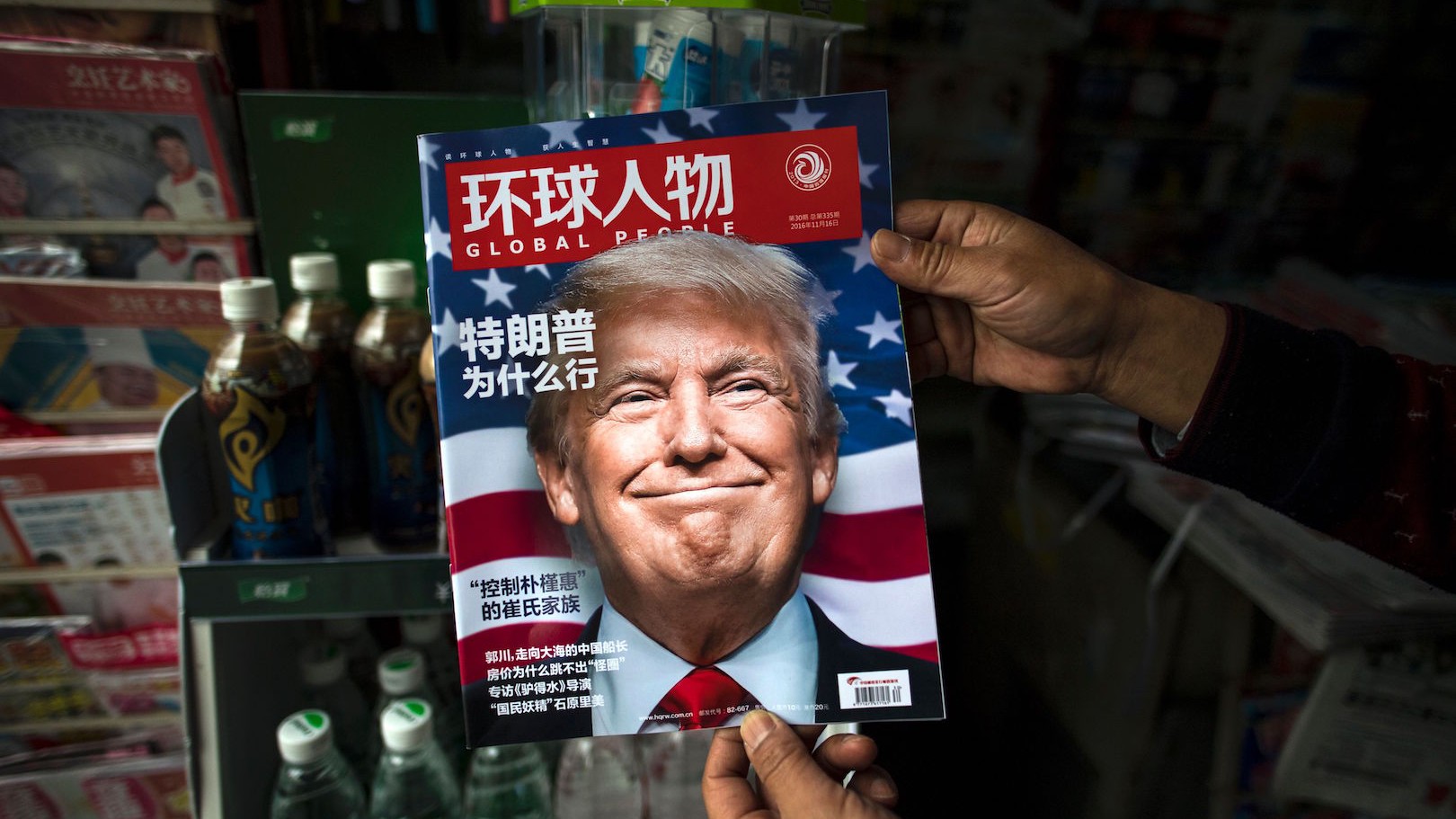Getty Images
The Pentagon is increasingly concerned that China’s growing military might could lead it to one day try to retake Taiwan by force, a senior U.S. defense intelligence official said Tuesday.The official spoke to reporters in Washington on condition of anonymity as the Pentagon’s Defense Intelligence Agency released a 140-page report on China’s modernizing military, which has undergone significant advances in recent years.“The biggest concern is that … they are getting to a point where the PLA leadership may actually tell [Chinese Premier] Xi Jinping that they are confident in their capabilities,” the official told reporters, while stressing that the Pentagon assessed that Beijing was still seeking to avoid conflict.The report described Taiwan as the “primary driver” for the rapid advances to modernize China’s military, in a bid to deter foreign powers from intervening in any dispute with Taiwan.It estimated that Chinese military spending likely exceeded $200 billion in 2018 — triple the amount it spent in 2002 — and said that while the U.S. spent $700 billion in 2018, China got more bang for its buck because it did not have to invest in expensive research and development, but relied on direct purchase or the theft of intellectual property.READ: China is growing plants on the moonThe officials remarks came as China’s military issued a stark warning to U.S. counterparts over the status of Taiwan during talks in Beijing involving the U.S. Navy’s top officer, Admiral John Richardson.Chinese Gen. Li Zuocheng, chief of China’s Central Military Commission Joint Staff Department, said that Beijing considered Taiwan an “internal matter” and would countenance “no external interference” over its status.“If someone tries to split Taiwan from China, the Chinese military will do whatever it takes to safeguard national reunification, national sovereignty and territorial integrity,” he said, according to a Chinese government account of the talks.The status of Taiwan, an island of 23.5 million people off mainland China, is widely considered Beijing’s most sensitive foreign policy issue. Taiwan has been functioning as an independent country since the end of Japanese colonial rule in 1945, but Beijing claims the territory as its own and has threatened to invade the island if it resists unification.Earlier this month, Xi alarmed Taiwan’s government with a speech reiterating that China would not rule out the use of force to bring the island under its control, calling on Taiwan to reject independence in favor of “peaceful reunification” with the mainland. In response, Taiwanese President Tsai Ing-wen said Taiwan would “never accept” such an outcome.The U.S. is Taiwan’s main backer, and has sold Taiwan more than $15 billion in weaponry since 2010.The U.S. report noted that, beyond the capability to strike Taiwan, Beijing had developed new weapons systems capable of striking more distant targets such as U.S. military installations on Guam.“China's leaders hope that possessing these military capabilities will deter pro-independence moves by Taiwan or, should deterrence fail, will permit a range of tailored military options against Taiwan and potential third-party military intervention,” it said.As well as its tough talk over Taiwan, Beijing has taken an increasingly assertive posture in the disputed South China Sea in recent years, including ramping up its military footprint on man-made islands.The U.S. Navy revealed Wednesday that it had conducted its first joint naval drills with Britain for many years in the region — part of an effort to maintain pressure on Beijing over its activities in the area. Cover image: PLA Navy sail in frigate formation during a drill on August 7, 2017 in China. (Pu Haiyang/VCG via Getty Images)
Cover image: PLA Navy sail in frigate formation during a drill on August 7, 2017 in China. (Pu Haiyang/VCG via Getty Images)
Advertisement
Advertisement
